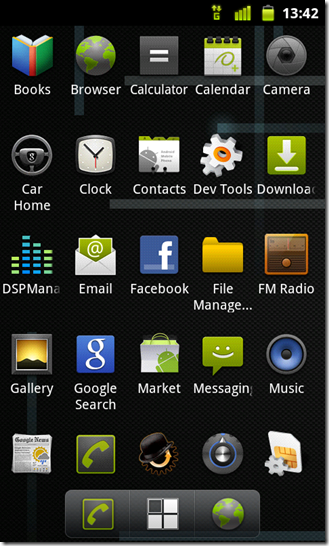
Strip back and take control of Android with CyanogenMod 7.1
One of the joys of Android is the fact that users are not fenced in in quite the same way that iOS users are. It is possible to install a wider range of software on your device with fewer worries. If you want to take things to the next level, CyanogenMod is a replacement for your existing Android OS that has been stripped back and optimized to provide a balance between performance, stability and customization.
The firmware is built around Android 2.3 and while the interface is nothing flashy, the focus is on speed rather than looks -- but you still have the option to use themes. The unique tweaks and options include the ability to swipe notifications off the screen, while the built-in music player boasts the simplicity and ease of use of an iPod. Support for customizable gestures means that it is easier than ever to control playback.

Is Facebook 4 for iOS a roach motel?
You'd think so after seeing all the bug reports. Ah, perhaps Facebook should have waited even longer to release the app supporting iPad. If not for how long people waited for this version, someone could accuse Facebook of rushing the new iOS app out the door. Scratch that, the app can't possibly be ready.
Less than 24 hours has passed since Facebook 4 for iOS appeared on Apple's App Store. The number of 1-star ratings and complaints about crashes and other problems is staggering. They go on and on and on. The majority are similar.

How do survey scammers 'clipjack' Facebook users?
This analysis is excerpted from AVG Technologies' Q3 "Community Powered Threat Report", which released Oct. 11, 2011.
Facebook is the second most popular site in the world according to Alexa's traffic rankings. The social network had explosive growth from 2008 with 100 million users to 750 million users today. This equates to about 11 percent of the world’s population or 36 percent of global Internet users; Facebook became the largest social network worldwide. The social network's popularity and its fast growth make it a prime target for cybercriminals.

Cybercriminals go for easy money: Facebook and Bitcoin users
Bank, credit card and PayPal accounts aren't as lucrative treasures for cybercriminals -- not like they once were. New security measures make pilfering accounts more difficult than years past. So the bad guys are going after easier money and, in process, younger users. In its third-quarter "Community Powered Threat Report", released today, AVG Technologies identifies two emerging security trends: Clipjacking and Survey Scamming Facebook accounts and siphoning digital money from Bitcoin users. With both, cybercriminals tap new revenue streams, cell phone accounts for the one and pure currency for the other.
Yesterday, I spoke with Yuval Ben-Itzhak, AVG's chief technology officer, about the new report and these two trends. "There's a ridiculous number of stolen credit cards on criminal sites", Ben-Itzhak says. "The main issue is how to use these compromised credit cards, because the credit card companies have taken serious actions to prevent and minimize the damages". Auction of PayPal accounts is commonplace, too, "but this is also becoming challenging to monetize because of all the security that is in place".
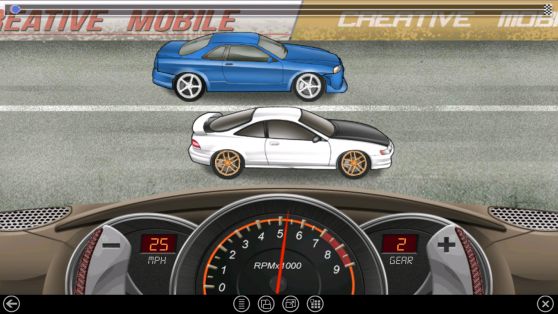
BlueStacks App Player alpha brings Android apps to Windows today
Silicon Valley startup BlueStacks on Tuesday officially launched the alpha version of its App Player for Windows, which lets users run Android apps right from their Windows desktop.
It is as easy to understand as it is to appreciate. It's an application that virtualizes Android inside Windows, and can be run with a touchscreen, or can convert mouse actions into virtual touchscreen actions.
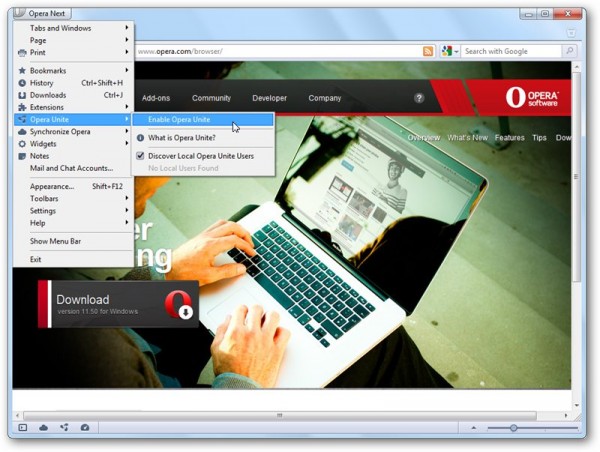
Opera Next build 1090 is here -- get it now!
The Next branch of Opera’s development has been updated to build 1090, with a number of interesting changes that see alterations to the skin’s appearance and improvements made to the plugin installation process. Of course, there is also the usual swathe of bug fixes and performance enhancements, and despite the fact that this is a fairly early glimpse of the next version of the browser, it already seems surprisingly stable and polished.
There are a number of changes that can be summed up as polishing -- icons and buttons have been updated as has the badge graphic. The overall size of the skin has been reduced in terms of file size, and the padding around some screen elements has been adjusted to improve alignment.
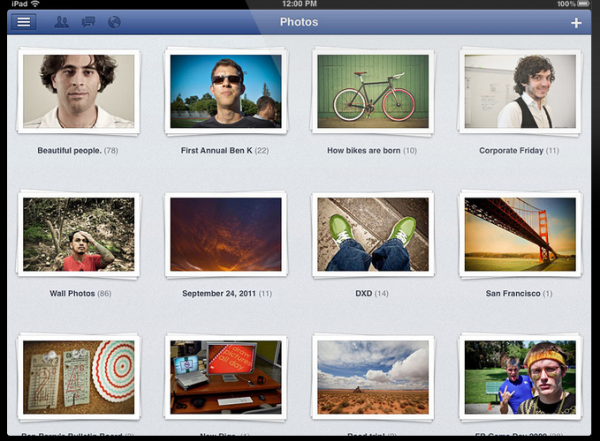
Finally, Facebook for iPad is here
The wait is over. You heard the rumors and saw the leaked screenshots. You believe in unicorns and UFOs. But it was growing hard to keep believing in Facebook for iPad. Today, the social network rewards your faith and anoints your pad with Facebook 4.0. Surely aliens will land tomorrow and unicorns will be found in some remote jungle. If so, you can more easily tell all your friends from iPad.
Facebook 4.0 is the long-anticipated remedy for what ills iPad: FB iPhone app. The social network released Facebook 3.5 for iOS in early September and to the disbelief of many unicorn and UFO hunters (and plenty other people) without the long-anticipated iPad support.

Motorola Solutions launches its first Android tablet for retail
Motorola Solutions on Monday debuted the ET1, the company's first attempt at an Android tablet specifically for use in retail solutions such as point of sale, planogram management and compliance, item location, and general retail manager assistance.
The tablet has a 7" (1024 x 600) display with Corning's Gorilla Glass covering the LCD, a dual-core 1GHz processor, 1GB of RAM, 4GB of onboard flash memory and support for microSD up to 32GB. It has a barcode scanner, credit card reader, front and rear cameras, a hot-swappable battery pack with 15-minute RAM backup when the main battery is removed, and the whole thing runs an "enterprise-ready, hardened" version of Android 2.3.4
For Motorola, there are a couple of reasons why this is a big product. The company's handheld computer class of devices (which it describes as being "designed for retail, public agencies, logistics and mobile fleets…") has been dominated by Windows Mobile and Windows CE for a long time, so the introduction of Android in this space is especially noteworthy.

Comodo Online Storage 2.0.6.14: Elegant, but flaky
Comodo has launched its online backup solution -- releasing a new dedicated desktop client, Comodo Online Storage, as well as updating its desktop backup tool, Comodo Backup, to version 4.0.6.
Comodo Backup 4.0.6, which had been split into separate free and paid-for versions during its beta testing phase, has been released as a single, free tool in the same manner as its predecessor, version 3 was, which will please those who had championed it as one of the best free backup tools available for Windows.

Massive BlackBerry outage hits Europe, Middle East, Africa, beyond
BlackBerry services such as email, Web browsing, and BBM instant messaging have been knocked out of commission for most of Monday in Europe, the Middle East, North Africa, and even extending into parts of India.
The outage began around 10am Central European Time (approximately 6am Eastern) and Research in Motion did not acknowledge the problem until some four hours later.
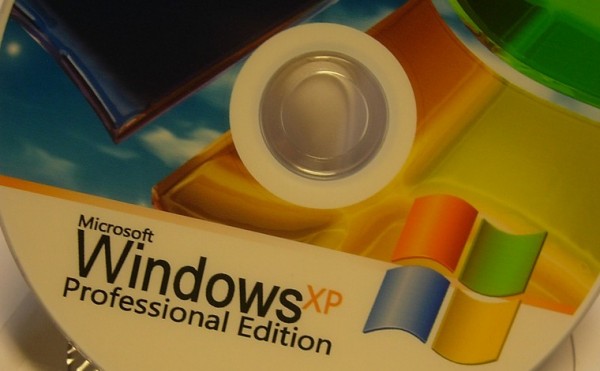
Celebrate Windows XP's 10th anniversary with us
In late August, Betanews published a series of seven stories, sharing memories using Windows XP. The majority came from readers like you. The first set of recollections commemorated the tenth anniversary of XP's release to manufacturing. Another date remains. Microsoft launched Windows XP on Oct. 25, 2001, and we'd like to celebrate the decade since with even more Windows XP memories.
Ideally, we want to publish your recollection as its own story with your name, photo and bio. You write it -- we edit and publish during the launch week anniversary. Please email your stories to joe at betanews dot com -- or, if you must, comment below. The first round, we only posted stories received for publication with author identified. During the second round, we will also post from the many memories shared in comments. The majority of these will be collections rather than stories written by you.
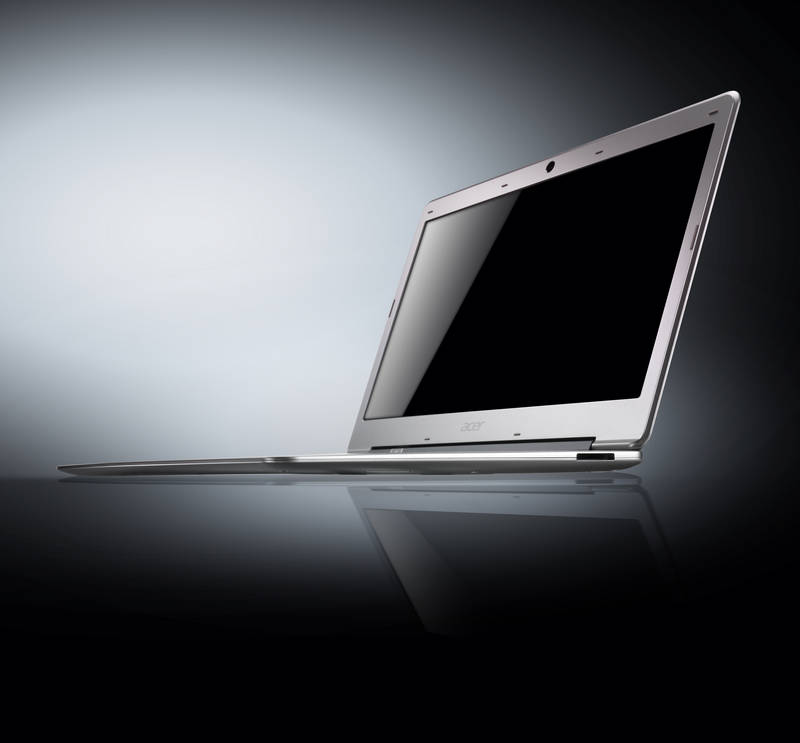
Acer launches its first super skinny ultrabook in America
Acer's American arm announced on Monday that the brand's first thin-and-light ultrabook, the Aspire S3, has landed in North America, and it will be available for $899.
In addition to being Acer's first ultrabook, The Aspire S3-951 is the first ultrabook that has both an HDD for storage and an SSD integrated into the main board for instant on capabilities.

Nitro PDF Reader 2.1 improves Windows 64-bit support
San Francisco-based Nitro PDF has released version 2.1 of its freeware Portable Document Format viewing and creation tool. Nitro PDF Reader 2.1, which is also available as a separate 64-bit build, is a feature-rich PDF viewer with built-in PDF creation functionality, including the ability to directly convert over 300 document formats if the document’s parent application is installed.
Version 2.1 introduces a number of notable new features, including a new 64-bit build of Thumbnail Preview, the standalone tool that generate navigable thumbnail previews of PDFs in Windows Explorer, that works in 64-bit versions of Windows 7 and Vista. Previously the tool only worked in 32-bit versions of Windows.
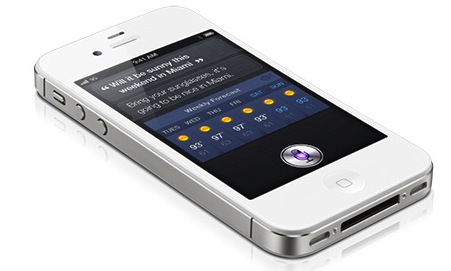
iPhone 4S: First million served in 24 hours
Is iPhone 4S perhaps a worthy upgrade after all? Are all the people who waited for iPhone 5 (and didn't get it) coming clamoring for 4S? Is Apple benefiting from the rock star effect following cofounder Steve Jobs's death last week. Take your pick of reasons, but one thing is certain: iPhone 4S is off to a seemingly good start. Today the Cupertino, Calif.-based company announced that preorders topped 1 million during first 24 hours of sales. AT&T didn't wait, boasting about 200,000 units on Friday, when preorders started.
That 1 million surpasses the record set by iPhone 4 -- 600,000 preorders -- in June 2010. But before you believe the Apple Fanclub of reporters and journalists claiming it's the end of Android -- "this time for sure!" -- consider this: That 1 million number, while an achievement, comes from considerably broader distribution. From that perspective, 1 million first-day sales is no guarantee that iPhone 4S will be a hit.
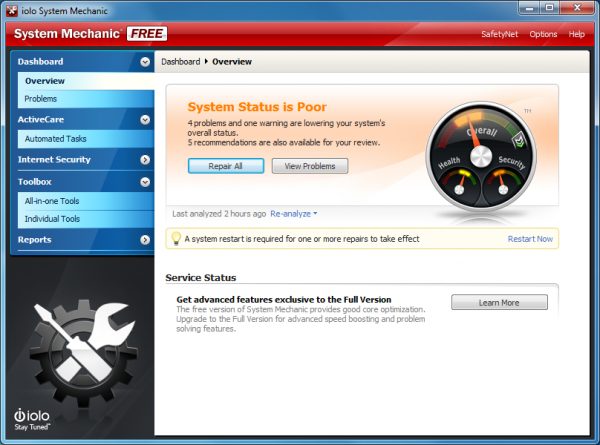
iolo System Mechanic Free: Just enough tools for the price
If you’re looking for a free PC maintenance suite then there’s not exactly any shortage of options. A few moments at your favorite search engine will turn up a long list of potential candidates, each promising that they’ve the technology to best improve your PC’s performance, and for no charge at all.
All this free competition makes it difficult for the vendors of commercial PC maintenance packages to stand out from the crowd. But iolo technologies is now fighting back with the new System Mechanic Free, a cut-down version of the company’s flagship System Mechanic suite.



